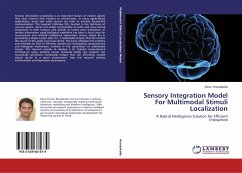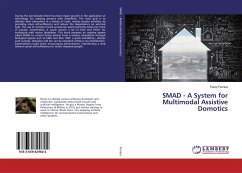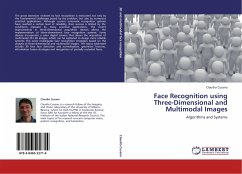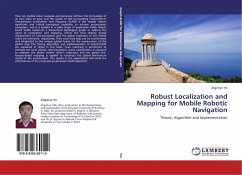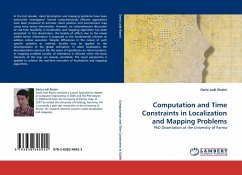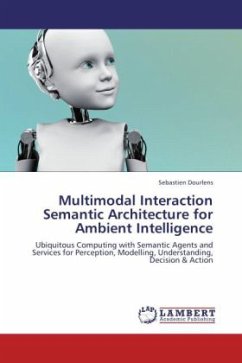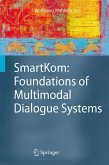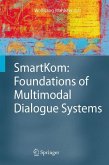Sensory information processing is an important feature of robotic agents that must interact with humans or environment. In many agent-based applications, visual and audio sensors are used to emulate human-like communication. The Superior Colliculus (SC), located in the mid-brain of nervous system, carries out similar functionality of audio and visual stimuli integration in both humans and animals. In recent years integration of sensory information using biological inspiration has been a focus area for neuroscience and artificial intelligence researchers. Hence, target lies in generating a single output state (i.e. a multimodal output) that can localize the source of the audio and visual stimuli. This book addresses the problem and attempts to find an effective solution by investigating computational and biological mechanisms involved in the generation of multimodal output. The research intends to develop a SC inspired computational architecture using artificial neural networks. Finally, the research has successfully generated multimodal output that can effectively localise stimuli source in a given environment. Also this research address enhancement and depression phenomena.
Bitte wählen Sie Ihr Anliegen aus.
Rechnungen
Retourenschein anfordern
Bestellstatus
Storno

